Premier Minns’s reduction plea helps keep NSW blackouts at bay
NSW appears to have avoided statewide blackouts after residents were implored not to use major household appliances after above-average temperatures and coal-fired power station outages left a supply shortfall.
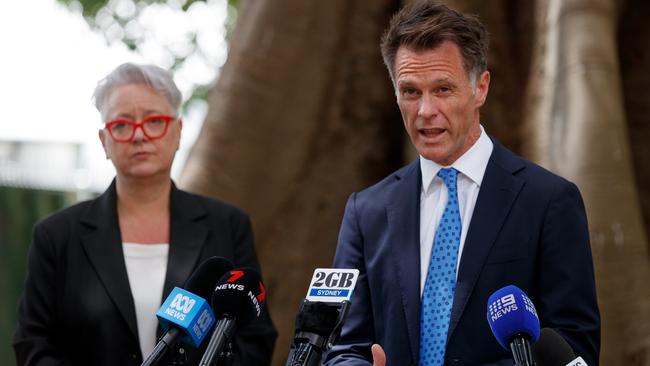
NSW was plunged into an energy crisis on Wednesday with residents implored not to use major household appliances after above-average temperatures and coal-fired power station outages left a supply shortfall and sparked blackout concerns.
But, on Wednesday evening, energy reduction efforts by the government, large companies, and regular households appeared to have helped manage the network’s supply and keep the lights on, but the “dynamic” situation poses a risk of a summer-month repeat.
No load-shedding was needed on Wednesday and, at the time of publication, the risk to the power supply had been significantly reduced, with the Australian Energy Market Operator downgrading its earlier warnings as Energy Minister Penny Sharpe thanked the state for their reduction efforts.
But it came after NSW Premier Chris Minns had earlier on Wednesday urged people to not use their dishwashers and pool pumps during the afternoon peak, and so consumers avoided “through-the-roof” energy costs.
It was November’s hottest day since 2020, with Penrith, in the city’s west, recording a state-high temperature of 40 degrees, and a surge in consumption and outages at four units across the state’s coal-fired power stations left reserve energy supply “tight”.
Urging residents to delay using dishwashers, washing machines and pool pumps between 3pm and 8pm, Mr Minns said that those who did jack-up their airconditioning units could also face “through-the-roof” prices as the government attempted to stave off possible blackouts.
“We’ve been notified by the Australian Energy Market Operator that there are insufficient reserves in terms of generation across the day, and (we are) pursuing proactive measures to reduce the energy we’re using over the next 12 hours,” Mr Minns said on Wednesday.
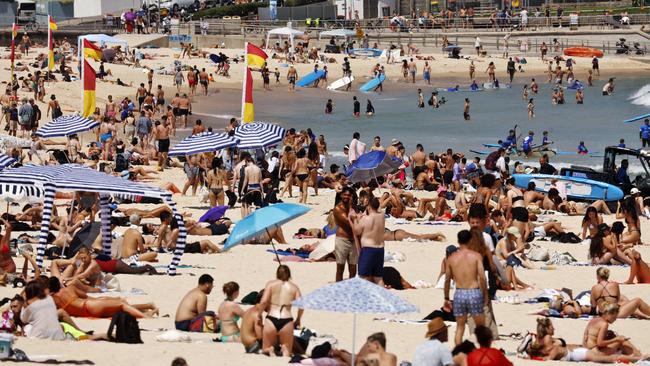
The five-hour “low-usage window” also included closing blinds, windows and doors.
“If you (could not use) your pool filter, dishwasher, washing machine, between 3pm and 8pm, you’d be helping the grid,” Mr Minns said.
Those who did decide to put on a wash during that window should expect prices go “through the roof”, Mr Minns said, calling the announcement “as much a consumer warning” than just about helping the grid.
“If you use electricity this afternoon, you’re going to get killed in terms of how much you pay, the amount of money (to run appliances) this afternoon will be through the roof,” he said.
It came after Ms Sharpe activated on Wednesday morning the government energy action response and voluntary demand reduction protocol.
The former urged government agencies to reduce electricity between 3pm and 8pm, the latter asked four state-based water agencies, and the City of Sydney council, to also reduce usage.
The AEMO had used some of its own emergency powers on Wednesday, including a notice to the industry to ensure stable supply and negotiating with companies to reduce demand.
During the height of summer, with less planned outages of units, the government does not anticipate Wednesday’s warning to be commonplace, although conceding the situation was “dynamic”.
Ms Sharpe said Wednesday’s energy concerns had been exacerbated by earlier-than-expected soaring temperatures coinciding with four offline units across the state’s coal-fired power stations.
“There is a buffer of (energy) supply in place of unforeseen events … But the concern today is that we don’t have that buffer,” she said.
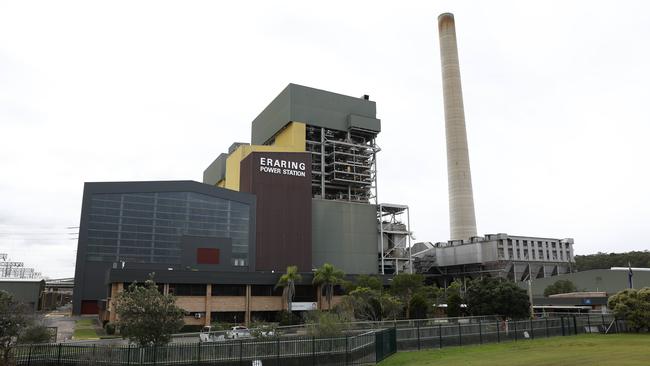
Two of four units at Bayswater coal-fired power station were offline – one planned and the other unplanned – while one of Eraring’s four was also down and one of Vales Point’s two.
“One of the reasons this (supply concerns, consumption warnings) is happening is that a lot of maintenance (of station units) is going on, and we’ve had an earlier heatwave than usual and it’s put pressure on the system,” Ms Sharpe said.
“It’s very rare that we would have five days of heatwave in November and that’s what’s caused the crunch here.”
Analysis by The Australian, however, showed similar consecutive days of 30-plus temperatures each year across the last decade, with many before or after the summer months.
There were three consecutive days of 30-plus temperatures in March 2022 and 2023, and two consecutive 40-plus days in November 2020.
The state Liberals jumped on the government’s 2023 pledge to deliver a “reliable supply” of energy, with the opposition’s energy spokesman, James Griffin, calling their handling of the network “shambolic”.
“(Mr Minns) talked up a massive game prior to the election about delivering cheap and reliable energy,” Mr Griffin said.
“And here we are, with some sort of band aid solution to a problem he’s been aware of for nearly two years.”
Electrical engineer Ben Beattie, who runs The Baseload podcast, said Wednesday’s supply risk and consumption warning shouldn’t be taken as a normality for a Western nation, and the system should be designed for the worst-case scenario.
“You don’t design a system on averages, you design it to (withstand) the worst-case scenario,” he said.
“For example, you wouldn’t design a bridge to handle the “average” but for peak demand.
“That’s what (the energy) system should and is meant to handle.”

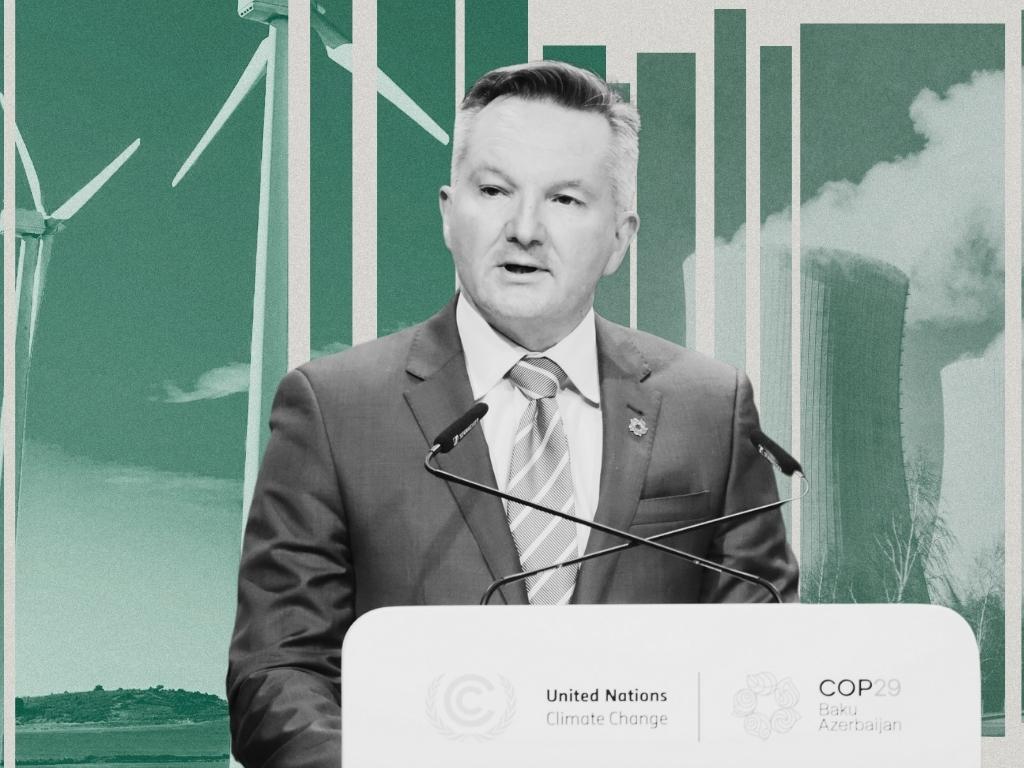

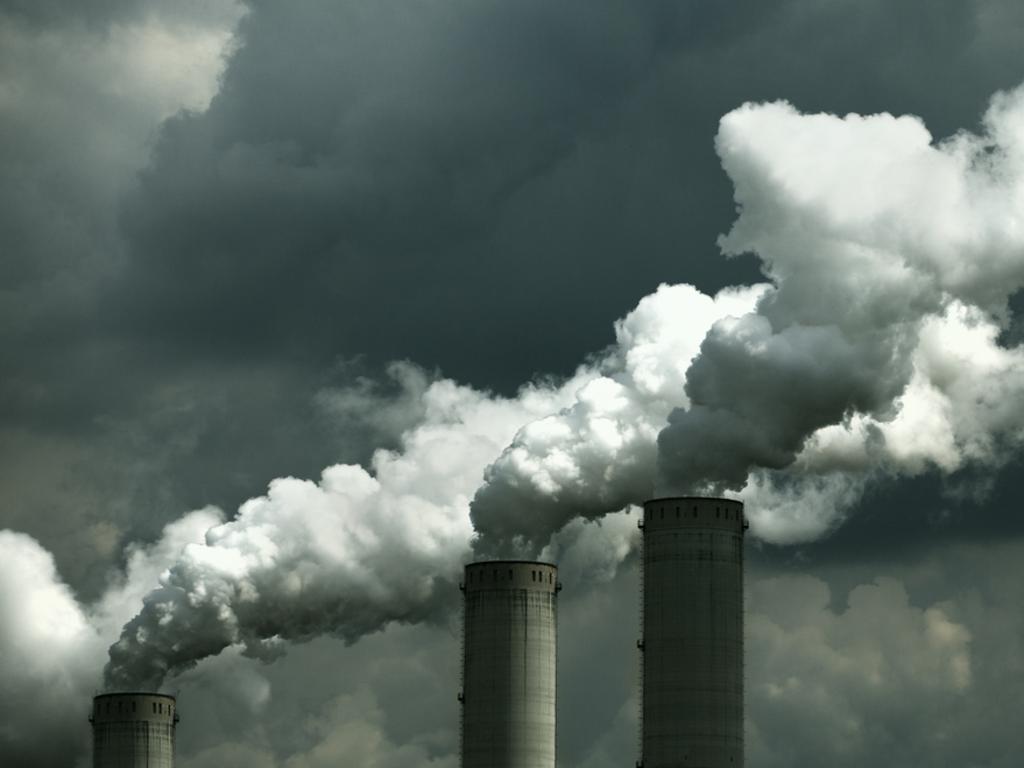


To join the conversation, please log in. Don't have an account? Register
Join the conversation, you are commenting as Logout